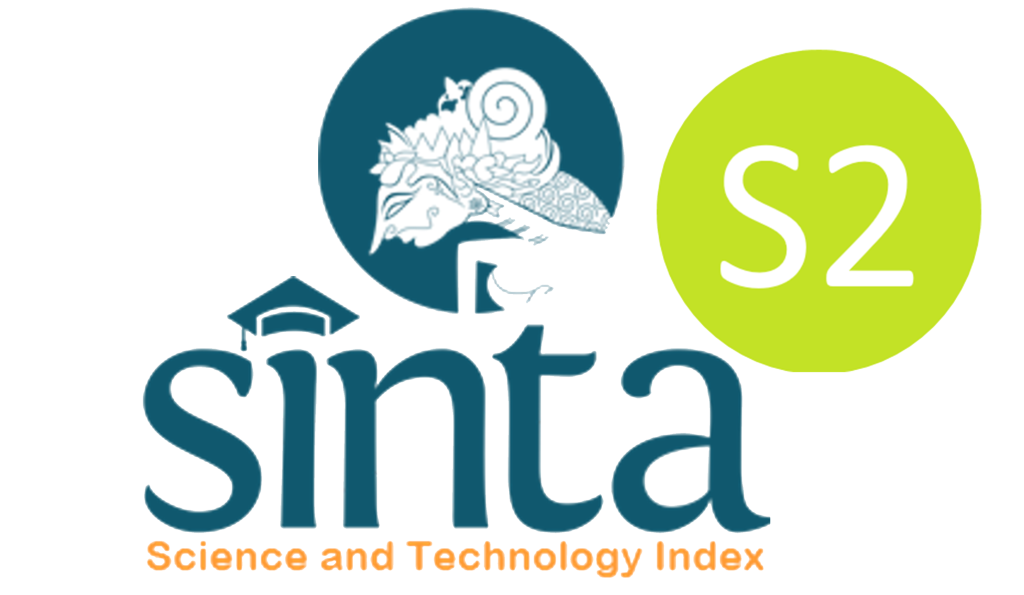THE IMPACT OF CIVIC EDUCATION ON SOCIAL BEHAVIOR CHANGES AND CRITICAL THINKING SKILLS OF GEN Z AT BANYUWANGI STATE POLYTECHNIC
DOI:
10.54443/ijerlas.v5i2.4254Published:
2025-03-29Downloads
Abstract
Civics education is a key factor in shaping the social and critical behavior of the younger generation in the digital era. It is known that Gen Z's social behavior lately when giving criticism on social media can be said to be impolite. In addition, they are also less concerned about the environment. This study aims to analyze the impact of civics education on the social behavior and critical thinking of Gen Z (students) at Banyuwangi State Polytechnic. This research method uses a quantitative approach with a survey method of 150 students, data collected through a Likert-scale-based questionnaire that measures aspects of social concern, public participation, and critical thinking. The results show a significant positive correlation between the level of understanding of civics education on social behavior and critical thinking skills of students (Gen Z). The highest correlation coefficient is found in the relationship between understanding of Civics Education and Critical Thinking Skills with r = 0.921 (p < 0.01). This finding confirms that in-depth and integrated civics education in the campus curriculum can encourage the birth of more aware, proactive, and critical thinking citizens. Practical implications include the importance of strengthening contextual civics education modules and learning based on case studies, interactive, and relevant to current issues among students (Gen Z).
Keywords:
Impact Civic Education Changes in Social Behavior Critical Thinking SkillsReferences
Agustianingsih, D., Susiba, S., Az-zahra, N., & Sari, S. R. (2025). Peran Pendidikan Kewarganegaraan dalam Membentuk Karakter Nasional Generasi Z. Jurnal Multidisiplin Ilmu Akademik, 2(4), 73–83.
Biringan, J., Limeranto, R., & Sample, F. (2025). Approach learning high-order thinking skills to improve civic knowledge in Pancasila and Civic Education. Jurnal Civics: Media Kajian Kewarganegaraan, 22(1), 159–165. https://doi.org/10.21831/jc.v22i1.1336
Burce, A. D., & Callo, E. C. (2024). Flipped Classroom Strategy in Promoting Critical Thinking in Social Science. World Journal of Advanced Research and Reviews, 22(2), 2111–2137. https://doi.org/10.2139/ssrn.4832510
Cleofas, J. V., & Labayo, C. C. (2024). Youth netizens as global citizens: digital citizenship and global competence among undergraduate students. Frontiers in Communication, 9(May), 1–9. https://doi.org/10.3389/fcomm.2024.1398001
Edwards, J. D., Laguerre, L., Barthelemy, R. S., De Grandi, C., & Frey, R. F. (2022). Relating students’ social belonging and course performance across multiple assessment types in a calculus-based introductory physics 1 course. Physical Review Physics Education Research, 18(2), 20150. https://doi.org/10.1103/PhysRevPhysEducRes.18.020150
Eka Rahma Salsabila, Febi Febriyan, Cindy Kartika, & Taslim Batubara. (2024). Development of Critical Literacy Through Pancasila and Civic Education for Generation Z. Cakrawala: Journal of Citizenship Teaching and Learning, 2(2), 188–197. https://doi.org/10.70489/650fhp87
Gherguț-Babii, A. N., Poleac, G., & Obadă, D. R. (2025). Challenges for NGO Communication Practitioners in the Disinformation Era: A Qualitative Study Exploring Generation Z’s Perception of Civic Engagement and Their Vulnerability to Online Fake News. Journalism and Media, 6(3), 1–22. https://doi.org/10.3390/journalmedia6030136
Japar, M. (2018). The improvement of Indonesia students ‘engagement in civic education through case-based learning.’ Journal of Social Studies Education Research, 9(3), 27–44. https://doi.org/10.17499/jsser.11273
Nur Alvi Puriamandawati, & Jani Jani. (2025). Pembentukan Karakter Perilaku Sosial Siswa di Era Revolusi Industri 4.0 pada Generasi Z dalam Pembelajaran IPS Kelas VIII MTs Al Ma’arif Tulungagung. WISSEN : Jurnal Ilmu Sosial Dan Humaniora, 3(3), 58–79. https://doi.org/10.62383/wissen.v3i3.958
Popovici, A., & Mironov, C. (2015). Students’ Perception on Using eLearning Technologies. Procedia - Social and Behavioral Sciences, 180(November 2014), 1514–1519. https://doi.org/10.1016/j.sbspro.2015.02.300
Pradana, Y., & Sundawa, D. (2023). Optimizing Vocational Civic Education For The Development Of Student Character. Journal of Social Science (JoSS), 2(9), 807–813. https://doi.org/10.57185/joss.v1i4.40
Saadati, F., & Celis, S. (2023). Student Motivation in Learning Mathematics in Technical and Vocational Higher Education: Development of an Instrument. International Journal of Education in Mathematics, Science and Technology, 11(1), 156–178. https://doi.org/10.46328/ijemst.2194
Syahwalia, R. A. (2025). Pentingnya Pendidikan Kewarganegaraan Bagi Generasi-Z. Jurnal Pendidikan Politik, Hukum Dan Kewarganegaraan, 14(2), 145. https://doi.org/10.35194/jpphk.v14i2.4122
Trianasari, E., Yuniwati, I., & Suryantini, M. D. (2022). SEM-PLS Analysis of Factors Affecting the Effectiveness of English Course Online Learning during Covid-19 Pandemic. Jo-ELT (Journal of English Language Teaching) Fakultas Pendidikan Bahasa & Seni Prodi Pendidikan Bahasa Inggris IKIP, 9(1), 83. https://doi.org/10.33394/jo-elt.v9i1.5228
Waghid, Z. (2024). Cultivating Critical Thinking, Social Justice Awareness and Empathy Among Pre-service Teachers Through Online Discussions on Global Citizenship Education. Journal of Creative Communications, 19(1), 74–93. https://doi.org/10.1177/09732586231194438
Warsame, B. H., Mohamed, A. A., & Yusuf, S. A. (2023). AN EXPLORATORY STUDY FOR THE ROLE OF CIVIC EDUCATION IN PROMOTING STUDENTS’ PUBLIC PARTICIPATION AT UNIVERSITIES (CASE STUDY ON SOMALI NATION UNIVERSITY) MOGADISHU SOMALIA. International Journal of Education Humanities and Social Science, 6(1), 30–35. http://ijehss.com/
Younas, M., & Imran, M. (2025). Multiple modalities of teaching civic education awareness among students: a pragmatic approach-based case study. Cogent Education, 12(1). https://doi.org/10.1080/2331186X.2025.2460967
Yuniwati, I., Idris, H., & Lisnawaty, S. D. (2025). Development of a Project-Based Design Learning Model to Increase Student Creativity. Journal of Loomingulisus Ja Innovatsioon, 2(1), 13–25.
Yuniwati, I., Yustita, A. D., Hardiyanti, S. A., & Suardinata, I. W. (2021). Development of attitude assessment instrument in engineering mathematics 1 course to assess discussion on MOOC platform. Journal of Physics: Conference Series, 1918(4). https://doi.org/10.1088/1742-6596/1918/4/042079
License
Copyright (c) 2025 Ninik Sri Rahayu Wilujeng

This work is licensed under a Creative Commons Attribution 4.0 International License.









